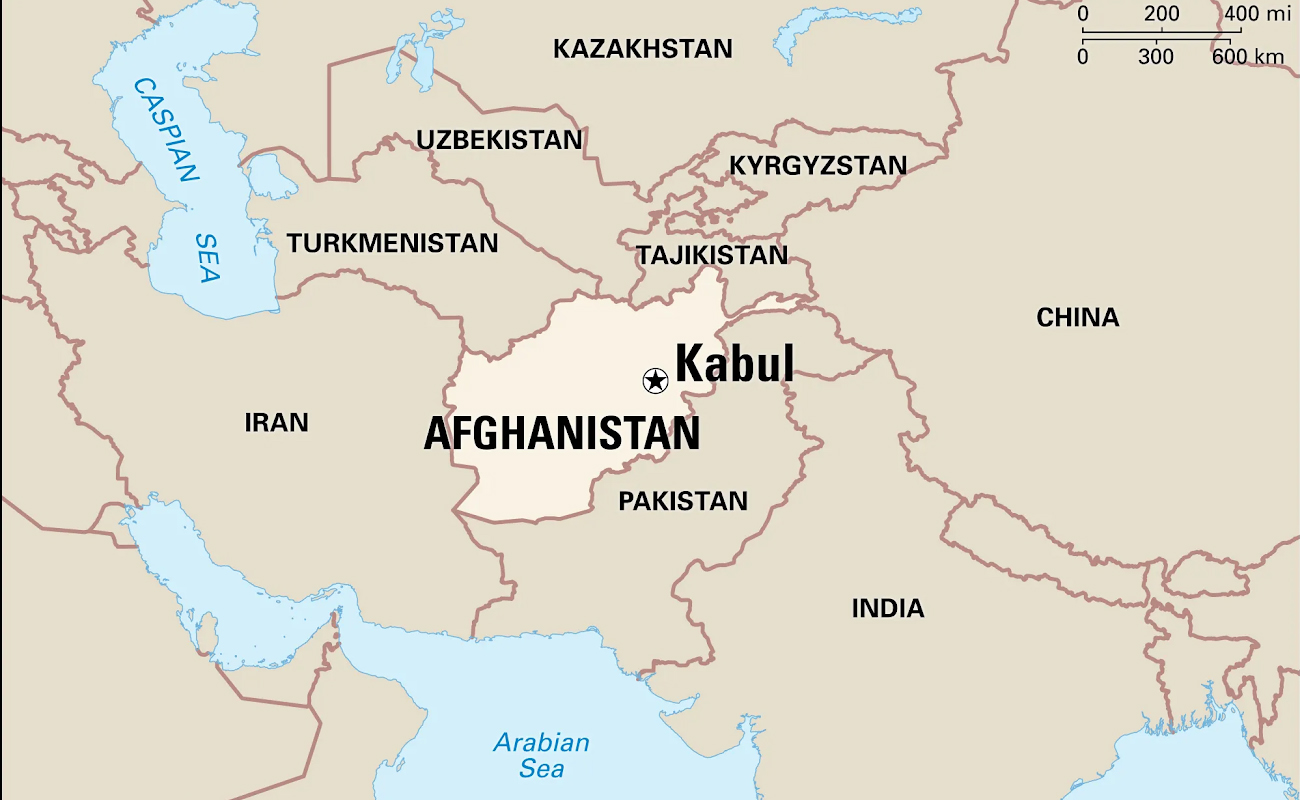Taliban Recognition: Mirage of Power or Geopolitical Game?
By Abdul Naser Noorzad
After the unexpected recognition of the Taliban Emirate by the Russian Federation, a wave of commotion swept through social media and political circles. This move triggered such widespread reactions that it dominated news coverage and media narratives. Yet, from a realistic perspective, what has truly changed to justify such panic among our people? Were the Taliban, before Russia’s recognition and possible endorsements by other states, any different from the Taliban of today? Does this recognition give the Taliban new wings to escape the grip of historical justice? Are the unrecognized Taliban of yesterday inherently weaker than today’s officially recognized group? We must not exaggerate this issue to the point where its essence is lost amid the fog of analyses and speculations.
What truly makes the Taliban more dangerous is not the recognition by a few opportunistic states, but our misplaced expectation that foreigners will tame this rebellious group.
These states are exploiting the situation to advance their security agendas and geopolitical adventures. In reality, external recognition—whether from Russia or elsewhere—does not alter Afghanistan’s internal balance of power. The Taliban remain devoid of social and political legitimacy, struggling with popular rejection, local resistance, and failures in governance. No recognition—especially from predatory powers—can provide the Taliban with the stability they seek.
Both the Taliban and the states considering their recognition know well that “bad times have no brothers.” In moments of crisis, no colonial power will rush to the Taliban’s rescue. After 9/11, even Pakistan—the Taliban’s traditional patron—betrayed them for its own interests in dealing with the U.S. If Russia, China, or regional states recognize the Taliban today, what will shield them from international wrath? These countries may have the capacity to offer assistance, but none will commit to long-term support. Recognition without meaningful backing is merely a diplomatic gesture, words on paper with no real value.
Even if more states recognize the Taliban, they will remain economically isolated and under U.S. and global financial sanctions. Poverty, governance collapse, and worsening crises will continue. This recognition is merely a way for regional states to extract security advantages, turning the Taliban into pawns in complex intelligence and security games, weakening them further in the process.
Recognition will not change the geography of Afghanistan’s threats. ISIS, al-Qaeda, and other terrorist networks will continue to make the country a hub of regional and global danger, regardless of how many states recognize the Taliban. Such recognitions do not entail commitments to protect Afghanistan from further threats; rather, they serve to balance great-power rivalries between East and West. There is no unified, strategic regional approach to recognizing the Taliban; each country acts based on its own interests and challenges. This disunity reduces the Taliban to fragile, temporary actors in regional calculations.
Let’s not panic. Even the Western-backed republic, with international legitimacy and active membership in the global community, could not avoid collapse. The Taliban are still far from consolidating power, lacking both the capacity and the legitimacy to stabilize their rule. Why should we fear the tactical, security-driven gestures of a few opportunistic states that care little for human rights, freedoms, or dignity?
Recognition of the Taliban will not improve their popular standing nor guarantee their survival. It is a symbolic move in the East-West rivalry, not a shift in regional geopolitics. The Taliban’s current value is purely security-related, and they remain unreliable in broader strategic equations. No formal recognition can prolong the life of a regime so alien to today’s human values.
Abdul Naser Noorzad was a lecturer at Kabul University. He has an MA in National Security Studies. He has written a couple of books about Afghanistan's security and political situation and has published dozens of articles in English, Persian, and Spanish. His research area includes security and politics.
Academicians and Officials interested to publish their academic pieces on this page, please approach us through: contact@aissonline.org.
The article does not reflect the official opinion of the AISS.

